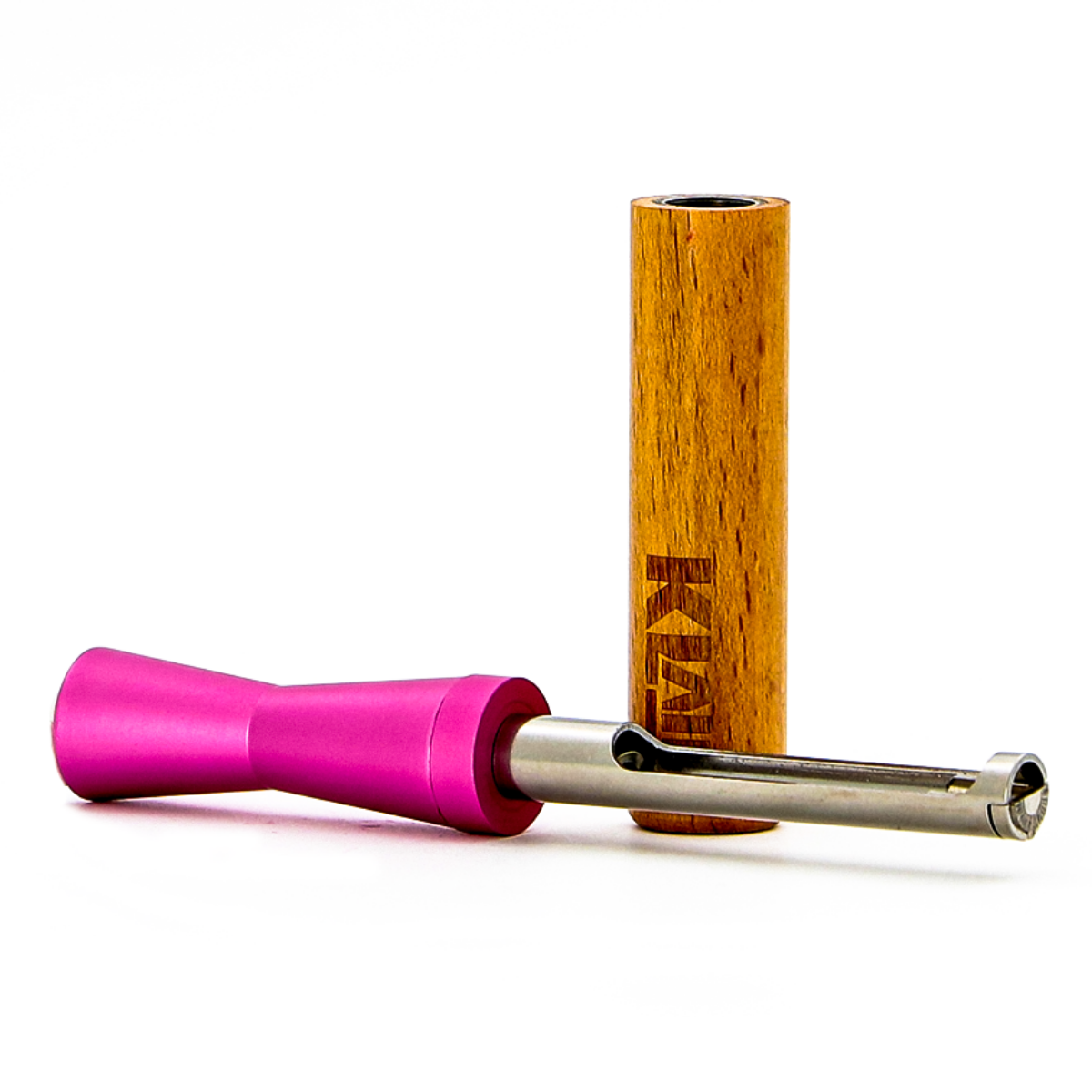How smoking affects your lungs in the long term – and how they can recover after quitting smoking
Many smokers underestimate the immense impact cigarettes have on the lungs—especially in the long term. While short-term symptoms like coughing, shortness of breath, or morning throat clearing are often ignored, the truly dangerous changes occur silently: in your bronchi, alveoli, and airways. In this article, you'll learn what smoking does to your lungs in the long term, what damage can occur—and what can actually be regenerated if you manage to quit smoking .
How does your lung actually work?
Your lungs are a highly complex organ. With every breath, oxygen molecules travel through the airways into the alveoli, where they enter the bloodstream and supply the body with oxygen. At the same time, carbon dioxide is transported from the bloodstream back to the lungs and exhaled. Cilia in the bronchi ensure that dust, mucus, and pathogens are expelled.
All of this happens silently, automatically—and vitally. But these very processes are massively disrupted by cigarette smoke.
What smoking does to your lungs – long-term damage
1. Paralysis of the cilia
The fine cilia that normally clear your airways are paralyzed and partially destroyed by smoke. This causes mucus to remain in the bronchi, pathogens to accumulate, and this leads to frequent coughing, respiratory illnesses, and infections.
2. Continuous mucus production
Cigarette smoke permanently irritates your bronchial tubes. The result: overproduction of mucus, an urge to cough, and constricted airways. The so-called " smoker's cough " is not a side effect—it's a warning signal from your body.
3. Damage to the alveoli
Over the long term, smoking destroys the alveoli—the small air chambers where oxygen exchange takes place. This is not only dangerous but irreversible. In severe cases, it can lead to chronic obstructive pulmonary disease (COPD) or pulmonary emphysema.
4. Increased risk of cancer
Smoking is by far the most common cause of lung cancer. Around 85–90 % of all cases are attributable to tobacco consumption . The carcinogenic substances in cigarette smoke damage the cell tissue in the lungs – often for decades before symptoms appear.
5. Reduced lung capacity
You become short of breath, tired, and less energetic – even with minimal exertion. Those who smoke for many years gradually lose oxygen capacity. This means your body is permanently less supplied with oxygen, and your everyday life becomes more strenuous.
How to actively support your lungs in regeneration
- Drink plenty of fluids: Water helps loosen mucus and eliminate toxins.
- Exercise: Especially endurance sports (e.g. B. Walking, swimming, cycling) promotes lung function.
- Breathing exercises : Deep breathing techniques strengthen your lungs and improve oxygen absorption.
- Clean air: Avoid pollutants and environmental pollution as much as possible.
- Use KLAIR: While your body detoxifies, KLAIR helps you break habits – without creating new addictions and without putting strain on your respiratory system.
Conclusion: Your lungs can recover – but you have to start
Cigarettes damage your lungs with every puff – quietly but consistently. But just as powerfully, your lungs begin to recover when you quit. The sooner you dare to quit smoking, the more you can give back to your lungs.
With KLAIR, you have nicotine-free, natural support to take the plunge—and stick with it. Your lungs will thank you—noticeably, breath by breath.
























Leave a comment
All comments are moderated before being published.
This site is protected by hCaptcha and the hCaptcha Privacy Policy and Terms of Service apply.